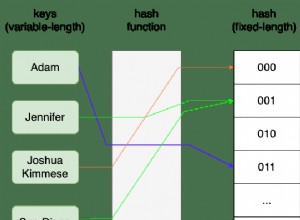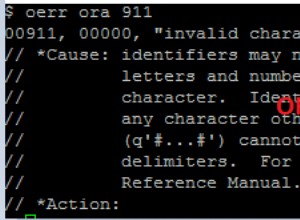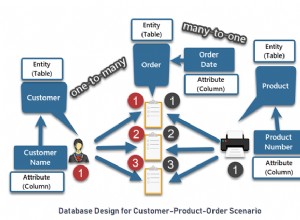Es gibt Situationen, in denen die Redundanz nicht gilt. Sagen Sie zum Beispiel ColumnC war ein riesiges Feld, aber man musste es manchmal schnell abrufen. Ihr index 1 würde keine Schlüsselsuche erfordern für:
select ColumnC from YourTable where ColumnnA = 12
Andererseits index 2 ist viel kleiner, sodass es für Abfragen, die einen Index-Scan erfordern, im Speicher gelesen werden kann:
select * from YourTable where ColumnnA like '%hello%'
Sie sind also nicht wirklich überflüssig.
Wenn Sie mein obiges Argument nicht überzeugt, finden Sie "redundante" Indizes wie:
;with ind as (
select a.object_id
, a.index_id
, cast(col_list.list as varchar(max)) as list
from (
select distinct object_id
, index_id
from sys.index_columns
) a
cross apply
(
select cast(column_id as varchar(16)) + ',' as [text()]
from sys.index_columns b
where a.object_id = b.object_id
and a.index_id = b.index_id
for xml path(''), type
) col_list (list)
)
select object_name(a.object_id) as TableName
, asi.name as FatherIndex
, bsi.name as RedundantIndex
from ind a
join sys.sysindexes asi
on asi.id = a.object_id
and asi.indid = a.index_id
join ind b
on a.object_id = b.object_id
and a.object_id = b.object_id
and len(a.list) > len(b.list)
and left(a.list, LEN(b.list)) = b.list
join sys.sysindexes bsi
on bsi.id = b.object_id
and bsi.indid = b.index_id
Bringen Sie Kuchen für Ihre Benutzer mit, falls die Leistung "unerwartet" nachlässt :-)




